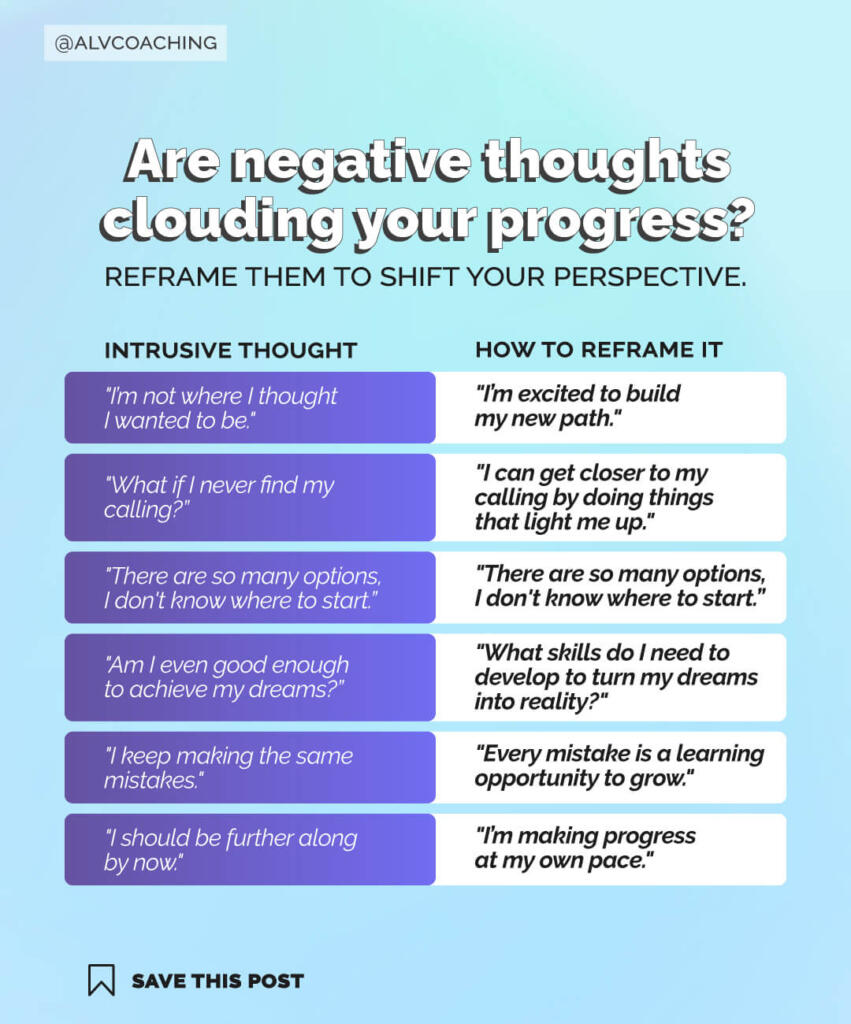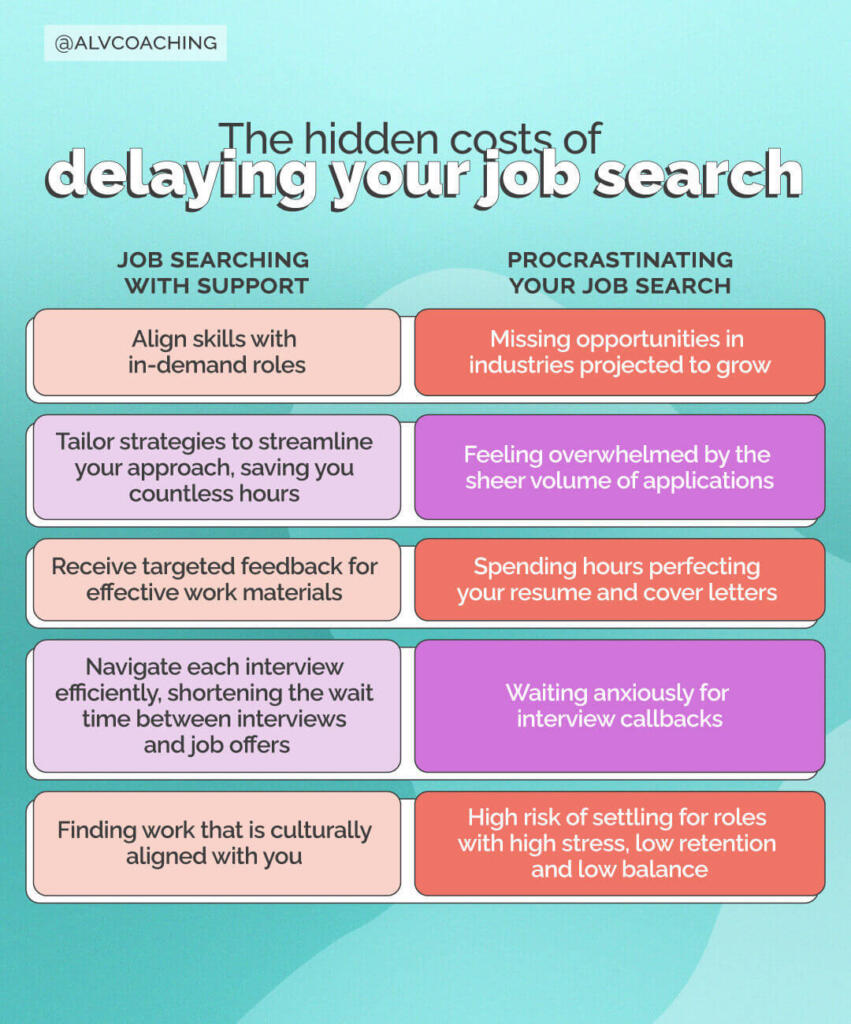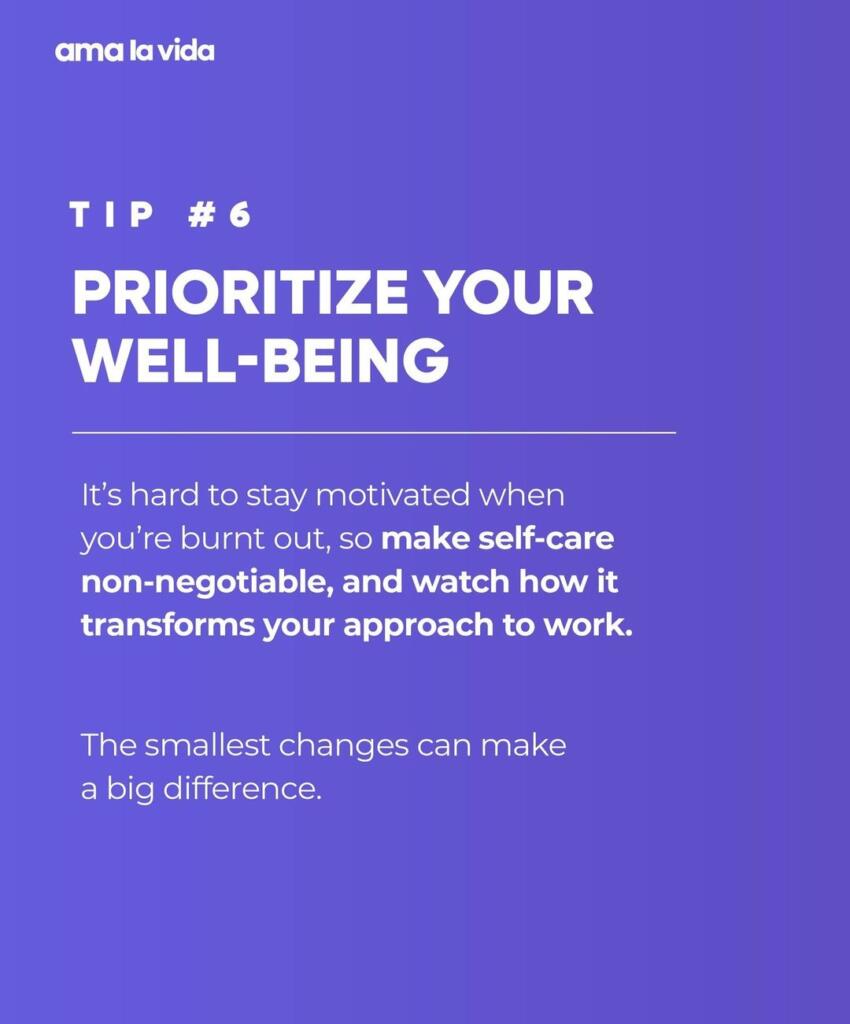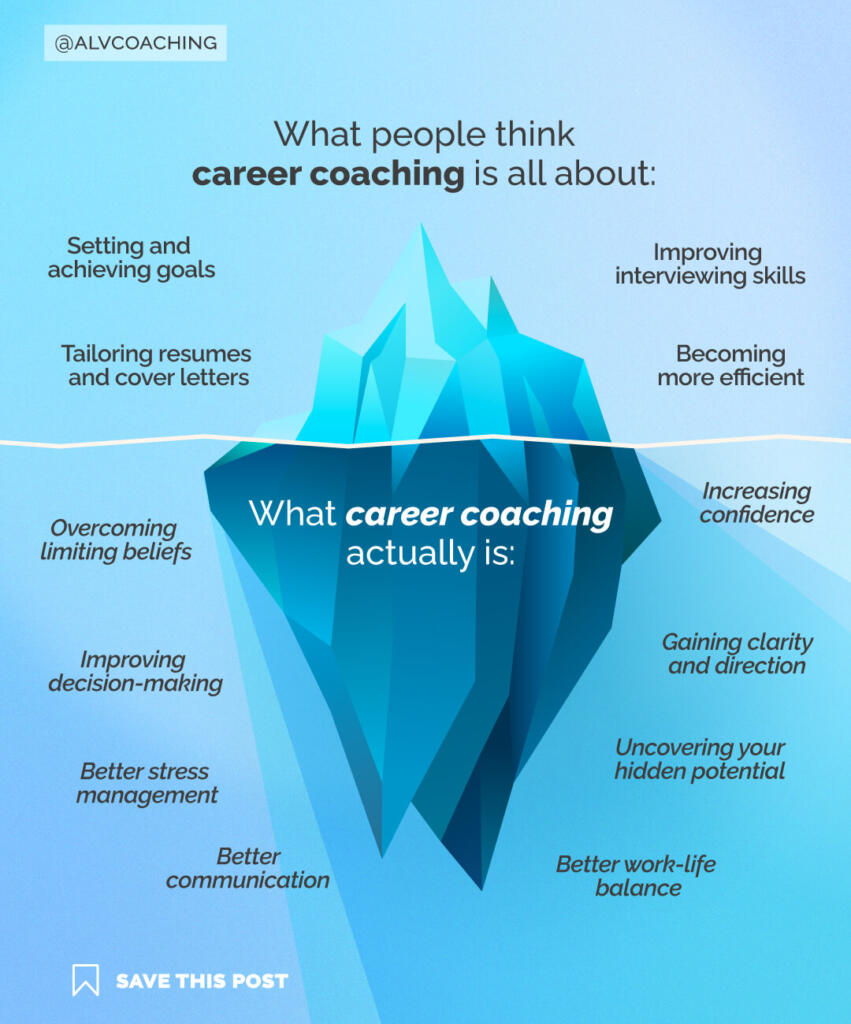Overcoming Job Search Frustration: Tips to Stay Motivated

Whether you’ve been looking for work for a while or you’ve just started, you’ve probably experienced some job search frustration, and you’re not alone. The current job market is competitive, the search process can be confusing and mysterious, and applying for jobs can be time consuming and repetitive.
Repeated rejections can be painful, but are better than hearing nothing at all. And it can be overwhelming to deal with well-intentioned family and friends wanting updates on the job hunt and giving career advice that isn’t necessarily helpful in the current job market.
So if you are feeling frustrated by the job search process, we’ve been there (and so have many of our clients!). That being said, giving in to that frustration can be extremely harmful and lead to a sense of burnout before you can even find that next role!
Read on to find strategies to combat the frustration of the job search so that you can move on to the next phase of your career.

The Hidden Dangers of Job Search Frustration
If there is one thing that most job seekers can agree on, it’s that the job search process is frustrating! The job market today is more competitive than ever before and good positions are hard to find.
Getting a new job is no easy task, and the longer you’re in the job market, the harder it can be to stay both positive and motivated. And considering over 40% of job seekers have been looking for work for more than a year, that sense of frustration at the process is not only understandable, but also very common. However, while common, it can lead to several risks that may derail your job hunt. Here are some of the most common:
Doubting Your Abilities
Job search frustration can chip away at your confidence over time, especially when rejections or the lack of responses start to pile up. This self-doubt can make you question whether you’re truly qualified for the roles you want. The risk here? You may start to avoid applying for jobs altogether or talk yourself out of applying to roles you’re actually qualified for, missing out on valuable opportunities.
Rushing Through Applications
Frustration often leads job seekers to rush through the job search just to get it over with. You might find yourself speeding through applications without effectively tailoring your resume or cover letter to each role, significantly reducing your chances of standing out to hiring managers. This rushed approach can also cause you to overlook important details or even apply for jobs that don’t align with your long-term goals.
Settling for the First Offer
Perhaps the biggest danger of all is the temptation to accept the first job offer that comes your way, even if it’s not the right fit. In a moment of frustration, you might convince yourself that “any job is better than no job.” However, settling for a role that doesn’t align with your values, career goals, or skill set can leave you feeling unfulfilled and searching for a new job again sooner than expected.
Don’t Worry, There is Hope on the Horizon!
You do not have to let job search frustration affect your mindset and actions. As soon as you feel it creep in, the best strategy is to deal with it immediately and directly. There are some effective strategies you can use to combat job search fatigue and burnout, based on what has worked for successful job seekers in the current market.
Mindset Shift: What Story Are You Telling Yourself?
Your mindset can have a huge effect on the job search process, and while a positive outlook does not guarantee success in the job search, limiting beliefs can definitely hold you back and keep you from growing professionally. Luckily, limiting beliefs are just stories we tell ourselves, and we can change them at any time.

Shift your mindset by telling yourself a different story. Below are some examples of limiting beliefs along with new and more productive ways of thinking about the job hunt process.
“No one is hiring right now.”
This statement is so drastic and negative, it could lead you to quit the job hunting process entirely. And it’s not true at all.
The truth is that even in tough times, companies are still hiring, and finding the right role is possible. According to the Bureau of Labor Statistics, employers hired 2.7 million people in 2023.
You could reframe this by saying that jobs are less visible and tougher to find, but that finding one is possible. You need to believe in the job possibilities available to you in order to stay motivated!
“This is taking too much time,” or “Finding a job should take 3 months or less.”
This may be painful to hear, but there is no time limit on the job search process, and despite your best efforts, you can’t fully control when you get a job. When the uncertainty gets too frustrating, focus on what you can control by networking, adding to your resume, or working with a career coach.
“This isn’t the right time,” or “This is firing season,” or “I’ll just wait until…”
The best time is now. Especially because the job search process could take some time, it’s best to start as soon as possible to plant seeds of opportunity. Many job offers come from “seeds” planted weeks or months earlier.

For example, a hiring manager or recruiter may remember you from a previous application and contact you with a position that would be a better fit for you. Waiting to start the job search process is the only way to prolong the process and ensure that you don’t get hired.
Practical Tips to Stay Motivated
While job search frustration may make it difficult to stay motivated, there are a few simple things you can do to keep moving forward:
- Set bite-sized goals for yourself. Every time you cross off a task on your to-do list, it will give you a little boost of pride and confidence knowing that you’re that much closer to your bigger goal! So set small, achievable tasks that help build momentum.
- Ignore negative or unhelpful comments and advice about your career choices. Instead seek out information from those who have pursued a similar path or are supportive of your journey.
- Talk to other job seekers and share experiences, and find out how others stay motivated.
- Take regular breaks to move, spend time outside, and connect with the things you love.
- Research companies that align with your values and interests to keep your motivation high.

Navigating the Emotional Rollercoaster of Job Searching
It can feel incredibly isolating to face multiple rejections or worse, total silence from potential employers, especially for job seekers who have invested a lot of time and energy into the job search process.
To manage the rollercoaster of emotions that the job search can bring, seek out people who are supportive and encouraging of your job search. Share your frustration with someone who won’t judge you or offer generic career advice.

A strong emotional support network can reverse those feelings of isolation and put your feelings in perspective, which can make the job search process just a little easier.
The Role of Self-Care in Your Job Search
Many job seekers mistake self-care as the reward for our hard work, waiting to take care of themselves until after they’ve gotten the job offer. This is a harmful mistake, because self-care is key to staying motivated and developing resilience.

If you are holding off on essential self-care activities like spending time with friends and family, sleeping and eating well, or moving your body and getting into fresh air, this can have a negative impact on all aspects of your life, including the job search.
When you’re tired and frustrated, it’s hard to stay motivated. So schedule self-care time on your calendar and stick to it. Self-care could be as simple as letting yourself take a nap; in fact, according to New York Times bestselling author Daniel H. Pink, a short nap can actually help you stay motivated and productive!
Managing Time Effectively to Avoid Job Search Frustration
You may be wondering where you’ll find the time to take care of yourself, connect with others, stay healthy, and apply for jobs at the same time, especially if you’re searching while balancing your current job. If you want to be able to juggle the demands of the job hunt, time management is essential.
Job search frustration can eat away at your free time, so you will want to be strategic about how you use your time and energy. Try each of these strategies for at least a week to determine whether or not they will work for you.
- Use a Structured Schedule: Create a daily or weekly schedule that allocates specific times for job search activities, self-care, and relaxation. Knowing exactly when you’ll be working on tasks can reduce anxiety and give you a sense of control.
- Prioritize High-Impact Activities: Focus on tasks that yield the greatest results, such as networking, following up on applications, or practicing your interviewing skills.
- Limit Distractions: Identify and minimize distractions during your job search time. Consider using tools like website blockers or setting your phone on Do Not Disturb to help you stay focused and productive.
Overcoming Setbacks: Rejections and No Responses
Receiving multiple rejections or not hearing back from potential employers can chip at your confidence and motivation to continue the job search. But unfortunately, rejection is part of the job search process. The good news is: you can learn to overcome the negative feelings that come with a negative response.
Remember that every ‘no’ or ‘not the right fit’ brings you closer to your dream job, and each experience can help you become a stronger candidate for future opportunities.
Start by practicing self-compassion by treating yourself with kindness after a rejection; talk to yourself like you would talk to a good friend. You can also give yourself permission to feel disappointed, frustrated, and confused, because all of those feelings are normal responses to rejection.
Turn the rejection into a learning opportunity. If possible, ask for constructive feedback from the hiring manager or recruiter. You may receive some useful insights to help make you a more effective candidate, and even if you don’t receive a response, you will have channeled your frustration into action.
Leveraging LinkedIn and Networking
If you’ve had a hard time finding good job opportunities, remember that only a small percentage of open positions are actually listed on public job sites. Your job search frustration may stem from the fact that you’re only relying on the opportunities that come to you.
Try incorporating networking into your job search process by making sure your LinkedIn profile sets you apart from other candidates, and by connecting with new people to expand your network.
If you already have a large network, now is the time to make those connections work for you! Join groups, post, share, and comment on others’ posts to increase your visibility and demonstrate your expertise.
Even more importantly, take the leap and ask your professional connections for referrals to job openings or for introductions to others in their network. A strong referral can significantly increase your chances of getting your foot in the door with a potential employer.
The Benefits of Seeking Job Search Support
It can be easy to feel overwhelmed when navigating the job search, especially when you’re handling everything on your own. The entire process—from crafting tailored cover letters to acing the job interview—can be challenging, but it doesn’t have to be a solo journey.
Having a support system can make all the difference in ensuring you stay on track and present yourself as the right person for the roles you’re applying for.
If you have friends or family who can offer encouragement, let them be your cheerleaders. Their support can be invaluable, especially when you’re preparing for interviews or awaiting feedback from hiring managers. A simple word of motivation can boost your confidence and enhance your interview skills, helping you to approach the interview process with a positive mindset.
All of this being said, your immediate circle, while well-meaning, often isn’t fully equipped to provide the support you really need with your job search. Partnering with a qualified and objective career coach can make all the difference.

Coaches do more than just provide job search strategies—they guide you through the emotional ups and downs, helping you stay focused on your goals. They can also provide tips for interacting with recruiters and offer insights on how to succeed in your search, from perfecting your interview skills to understanding what hiring managers are looking for. In short, a coach can be instrumental in turning your job search frustrations into career success.
Final Thoughts: Staying the Course
Staying motivated and focused on the job search process is not always easy, but it is possible. And more importantly, the frustration is temporary. With perseverance, you will find the right job. Start by reframing your self-talk, celebrating small victories and successes along the way, and being proactive about networking to stay motivated and active in the job search process.
Don’t forget to take breaks when you’re feeling overwhelmed, and take time for self-care and the things you enjoy in life outside of the job search. Stay connected with the people who support you, and lean on them when you need help and advice.
Finally, consider working with a qualified career coach who can help you deal with job search frustration, adapt to challenges, and find a path forward.








